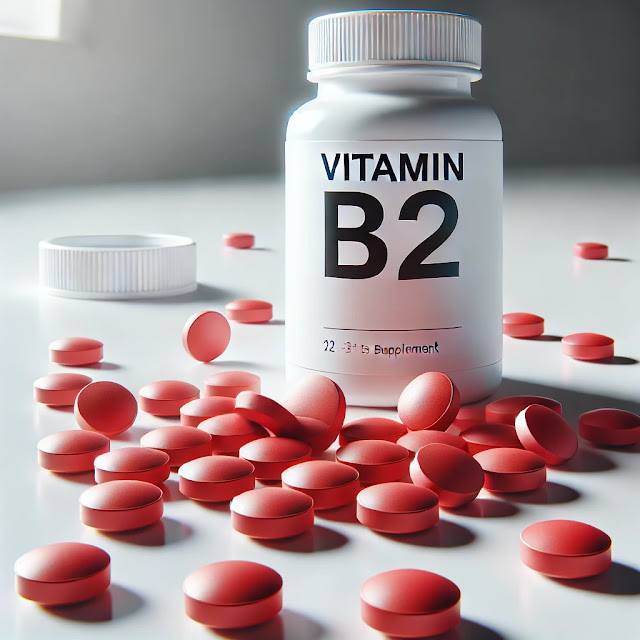Can Vitamin B12 Deficiency Be a Sign of Cancer?
Vitamin B12 is essential for various bodily functions, from producing red blood cells to maintaining a healthy nervous system. A deficiency in this critical vitamin can lead to numerous health issues, including fatigue, memory problems, and nerve damage. But could a simple B12 deficiency signal something more severe, like cancer? Let’s explore the connection between vitamin B12 levels and cancer to uncover the facts.
Understanding Vitamin B12 Deficiency
Vitamin B12 is naturally found in animal-based foods like meat, fish, dairy, and eggs. It’s also available in fortified foods and supplements. A deficiency typically occurs in individuals who follow a strict vegan diet without supplementation, those with digestive issues like celiac disease or Crohn’s, or people over 50 who may have a reduced ability to absorb the vitamin.
Symptoms of vitamin B12 deficiency can range from fatigue and weakness to cognitive difficulties, numbness, and tingling in the hands and feet. These symptoms develop because the body relies on B12 to produce healthy red blood cells and maintain proper neurological function.
What Links Vitamin B12 Deficiency to Cancer?
While vitamin B12 deficiency is often associated with dietary or absorption issues, some research suggests a possible link between low B12 levels and certain cancers. However, it’s essential to distinguish between correlation and causation.
Here are a few ways a vitamin B12 deficiency could potentially be linked to cancer:
1. Gastrointestinal Cancers
One of the more common connections between B12 deficiency and cancer lies in gastrointestinal cancers, such as stomach or colon cancer. These cancers can affect the body’s ability to absorb vitamin B12 by damaging the stomach lining or disrupting the normal function of the intestines. For example, people with pernicious anemia, an autoimmune condition where the stomach can’t produce enough intrinsic factor to absorb B12, are at a higher risk of developing stomach cancer.
2. Cancer and Malabsorption
Various cancers, particularly those affecting the digestive tract, can interfere with nutrient absorption, leading to deficiencies in vitamins like B12. If the digestive system is not functioning optimally, whether due to cancerous growths or treatments like chemotherapy, the body may struggle to absorb B12 properly, causing levels to drop.
3. Cancer Treatments
Certain cancer treatments, such as chemotherapy and radiation, can impact the body’s ability to absorb and utilize nutrients effectively, including vitamin B12. Chemotherapy, in particular, can damage the cells in the gut lining, reducing the body’s ability to absorb this vitamin.
Does B12 Deficiency Cause Cancer?
While there may be an association between low vitamin B12 levels and certain cancers, it’s essential to clarify that a B12 deficiency does not cause cancer. Rather, cancer or its treatments can lead to malnutrition and vitamin deficiencies, including B12.
On the other hand, some studies have raised concerns about excessive vitamin B12 supplementation, suggesting that extremely high levels of B12 in the blood could be linked to a higher risk of certain cancers, such as lung cancer. However, these findings are still under investigation, and more research is needed to draw definitive conclusions.
When to Be Concerned
If you are experiencing symptoms of vitamin B12 deficiency, such as unexplained fatigue, weakness, or neurological symptoms, it’s essential to consult a healthcare provider. Testing for B12 deficiency is simple, involving a blood test that measures your vitamin levels.
If a deficiency is found, your doctor will likely investigate the underlying cause. In cases where malabsorption is the issue, they may recommend further testing to rule out gastrointestinal disorders, including cancer.
Conclusion
While vitamin B12 deficiency is most commonly linked to dietary habits or malabsorption issues, it can sometimes be a sign of an underlying condition, including cancer. However, the deficiency itself does not directly cause cancer. If you’re experiencing symptoms of B12 deficiency, seek medical advice to uncover the root cause and prevent potential complications.
Maintaining optimal vitamin B12 levels through a balanced diet or supplements is crucial for overall health, and regular checkups can help catch any potential deficiencies early. If you’re at risk of or being treated for cancer, working with your healthcare team to monitor your nutritional status, including B12 levels, can improve your overall well-being during treatment.
By staying informed and proactive, you can take control of your health and address any concerns early on.
